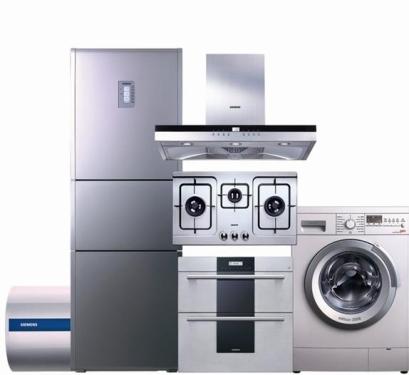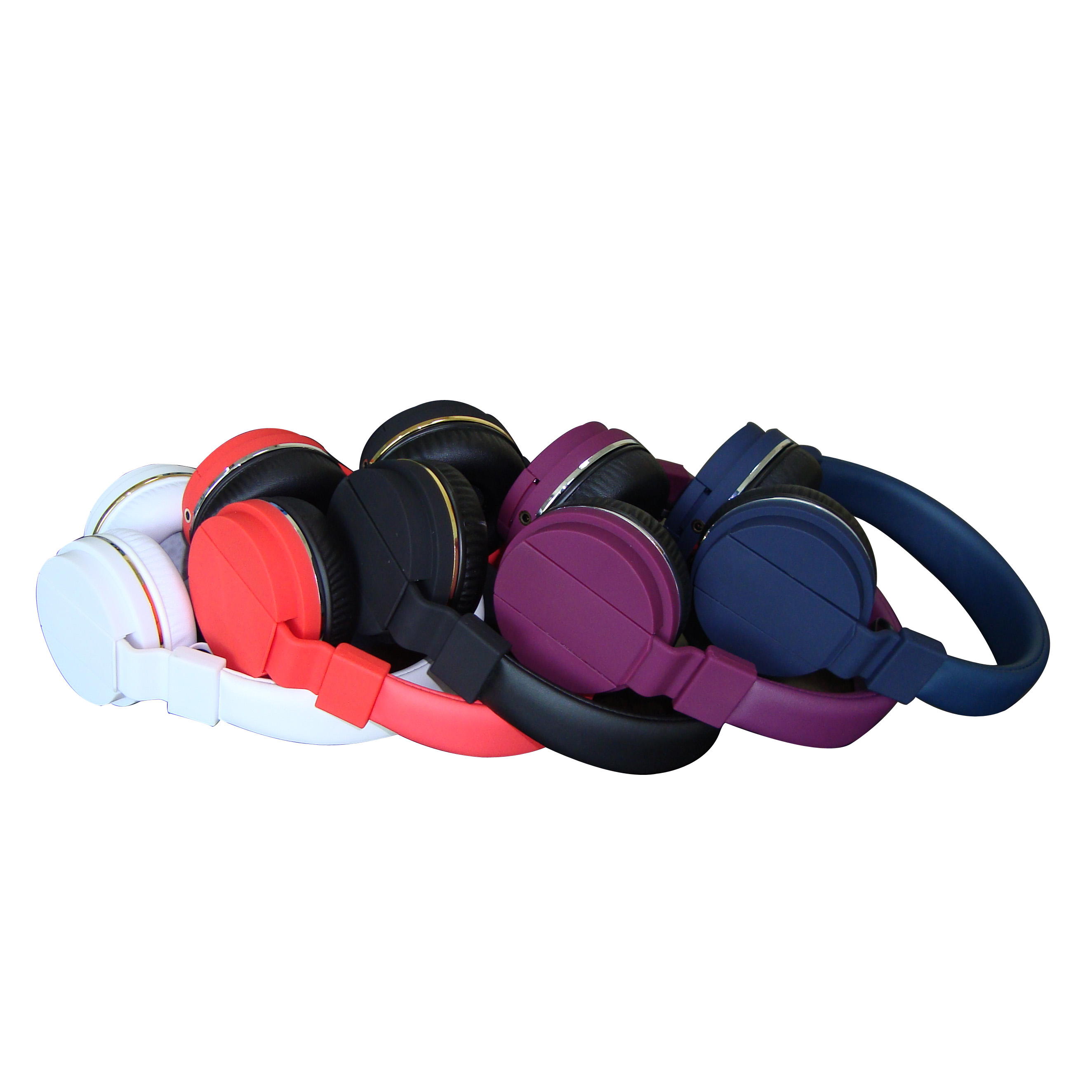 In last year, Galanz, Shanghai Huasheng Electric, BEKO, Feilong Household Appliances, Anhui Ouli Electrical Appliances and other home appliance companies were exposed in the "Energy Efficiency Rating" project of national compulsory standards, and they were judged as having serious quality problems. The Shanghai Bureau of Quality and Technical Supervision announced the results of quality inspections of household washing machines, refrigerators, and color TV broadcasts [58.50-1.27%] produced in Shanghai, including Panasonic, LG, Changhong, Konka, Power, and Duckling. One of the most important unqualified items reflected in spot checks is the energy efficiency rating of such well-known brands.
In last year, Galanz, Shanghai Huasheng Electric, BEKO, Feilong Household Appliances, Anhui Ouli Electrical Appliances and other home appliance companies were exposed in the "Energy Efficiency Rating" project of national compulsory standards, and they were judged as having serious quality problems. The Shanghai Bureau of Quality and Technical Supervision announced the results of quality inspections of household washing machines, refrigerators, and color TV broadcasts [58.50-1.27%] produced in Shanghai, including Panasonic, LG, Changhong, Konka, Power, and Duckling. One of the most important unqualified items reflected in spot checks is the energy efficiency rating of such well-known brands. However, the home appliance industry "energy efficiency vacuity" once again staged "Rashomon."
The involved LG Electronics (China) Co., Ltd. said that the sampling inspection report of the Shanghai Bureau of Quality Supervision was transferred to the Jiangsu Provincial Bureau of Quality Supervision in January this year. The company's final inspection report on February 18 showed that: LG home electric washing machine products test results in line with national standards. LG will send the retest results to the Shanghai Bureau of Quality Supervision as soon as possible.
In response to the manufacturer’s denial of the Shanghai Quality Supervision Bureau’s test results, the Shanghai Bureau of Quality Supervision has not made any statement so far. In addition, the side shows the loopholes in China's quality supervision and certification system - whether the third-party testing agency that the country has identified can be completely fair, open and objective?
Liu Buchen, an expert in home appliance industry, said that although these companies do not recognize energy efficiency indicators, because China is currently implementing a self-declaration system for energy efficiency companies, the phenomenon of erroneous levels of energy efficiency has occurred from time to time. The companies involved in false labeling, or fraudulent energy-saving subsidies.
Unqualified testing is generally classified as energy efficiency. The Shanghai Quality Supervision Department recently released a circular showing that a total of 17 batches of household washing machines manufactured and sold in Shanghai were tested, and five batches were found to be unqualified. Products such as Panasonic, Xiaoxiao, LG, WeiLi, and Konka appeared in the list of “2012 unqualified quality inspections for household electric washing machinesâ€, in which Panasonic, Konka, and WeiLi all failed to qualify for energy efficiency. The quality problem was judged to be serious.
In the spot checks of refrigerators and color television broadcast receivers, the products of companies such as Weili, Tongfang, and Changhong are also unqualified in terms of energy efficiency. Among them, Sichuan Changhong [2.07 Capital Research Report] Electric Co., Ltd. A product of the 3D32A4000iV specification produced by the company and an LE-39TX3900 produced by Tongfang Co., Ltd. [7.58-0.66% Capital Research] Co., Ltd. were all judged to have serious quality problems due to unacceptable levels of energy efficiency.
In fact, last year, the widespread problem of energy efficiency in white goods was reported frequently by the media.
However, companies also have their own claims.
Panasonic China said that the company is investigating the reasons, but stressed that spot checks of problematic products are not energy-saving subsidies; Konka relevant responsible person also stressed that spot checks of problematic products are not energy-saving subsidies, and said that after review, the company has been "reviewed "The determination; the power of the product in both the refrigerator and the washing machine is responding to the spot checks of the product is not an energy-saving subsidies product model, "is the old machine to be eliminated."
Liu Buchen believes that the phenomenon of "energy efficiency vacuity" has both the problem of self-regulation by manufacturers and the responsibility for supervising the existence of loopholes. In accordance with the “Energy Efficiency Labelling Management Measures†implemented from March 1, 2005, the energy efficiency labeling system adopts the “production or importer self-declaration and filing, and the government departments strengthen the supervision and management†operation mode, and the manufacturer self-delivers samples. Participation in testing does not impose rigid rules on whether the tester is a third-party organization. Competent companies can conduct tests in corporate laboratories.
"China's third-party testing agencies accept commissions from manufacturers or importers to conduct inspections, but they often fail to be completely fair and objective. Sometimes, the results of the tests are not open to consumers. They are easy to 'spouse rules'." Liu Buchen said that household appliances brands Energy efficiency rating “shrink†is an old problem. Repeated investigations have many reasons such as poor corporate self-discipline, lack of regulatory authorities, and failure of inspection agencies.
Or for fraudulent energy subsidies?
Since March 1, 2005, China has taken the lead in implementing the energy efficiency labeling system from refrigerators and air conditioners. Has now expanded to a variety of home appliances. Divided into 5 levels, Level 1 indicates that the product reaches the international advanced level, the most energy-saving; Level 2 indicates the relative power saving; Level 3 indicates the energy efficiency of the product is the average level of the Chinese market; Level 4 indicates that the energy efficiency of the product is lower than the market Average; Level 5 is the market access indicator.
According to the national mandatory standards, household appliances such as washing machines, refrigerators, air conditioners, and televisions are all labeled “China Energy Efficiency Labelsâ€. With the trial of ladder prices, more and more consumers are gradually starting to pay attention to the energy consumption of home appliances. For a time, energy consumption levels often become the selling point for consumers competing for different products.
Reporters visited home appliance stores also found that with the same brand of home appliances, if there is a level 1 and 2 different levels of energy consumption products, affixed with a level 1 energy efficiency label products also have higher prices.
For the average consumer, energy efficiency standards have become the only standard for the market. However, in the face of corporate executives and testing organizations, they are difficult to know the true level of energy consumption because they do not have professional testing equipment.
In addition, for a number of batches of products involved in the problem of energy efficiency grade unqualified, Liu Buchen expressed that companies involved may be cheating on energy-saving subsidies.
It is understood that since May 2012, the relevant state departments have successively introduced the energy saving subsidies for air conditioners, televisions, refrigerators, washing machines and water heaters. Among them, the subsidy standard for high-efficiency and energy-saving household washing machines ranges from 70 yuan to 260 yuan per unit, while the maximum subsidy for television is 400 yuan.
Although companies involved have denied claims of fraudulent subsidies, some experts believe that the illegal cost of energy efficiency is low, and many companies do not convert consumer energy saving intentions into sales benefits through the use of energy efficiency indicators.
It is understood that in order to effectively promote the implementation of the energy efficiency labeling system and eliminate the mislabelling and misleading consumer behavior, the China Household Electrical Appliances Association is currently researching and formulating the "China Household Appliances Association's Self-regulatory Convention on the Calibration of Key Technical Parameters for Household Appliance Key Parameters".
“After the problem is detected, the responsibility of the company is unavoidable, but there is also a lack of responsibilities of the administrative function department. After the national energy efficiency rating standard is issued, specific technical measures shall be provided as supporting measures during the specific implementation.†Secretary of the Guangdong Provincial Productivity Development Research Institute Long Jiang Zhengyuan told reporters that in addition to the need for corporate self-discipline, the industry's stubborn disease of removing the energy efficiency rating of the appliance market needs to improve current laws and regulations and purify the household appliance market by strengthening penalties and improving access to energy efficiency standards.
Basic Wired Headphones/Wired Headphone With Mic/Wired Headphones
Introduction:
1: Function:Wired Headphone is Good for listening MP3/Music player, watching DVD/movie, online chatting and game playing, Any mobile phone.
2: Feature: Super bass stereo sound quality /Headband is adjustable to fit different sized.
3:Use for :PC / mobile Phone /listening music and suit for education.
4.Color:according to custom-made
Items as below:

Basic Wired Headphones
Basic Wired Headphones,Over Ear Headphones,Noise Cancelling Earbuds,On Ear Headphones
Shenzhen Greater Industry Co., Ltd. , https://www.szgreater.net